Table of Contents
Bakhoor, the treasured aromatic woodchip often infused with exquisite scents, has graced homes, ceremonies, and rituals for centuries. For fragrance enthusiasts, it’s more than just an aromatic experience—it’s a connection to cultural heritage, a tool for well-being, and an art form in itself. But what exactly is Bakhoor, and why is it so deeply cherished?
This guide dives into the history, purpose, and uses of Bakhoor, explores its benefits, and provides a beginner-friendly guide on how to incorporate it into your life. Whether you’re a curious aromatherapy user, a lover of Vanilla Perfume Oil, or someone seeking the perfect home ambiance, this post will deeply enrich your understanding of this fragrant tradition.
Introduction to Bakhoor
Bakhoor refers to woodchips or small pieces of agarwood (also known as oud) that are soaked in fragrant oils and sometimes combined with other natural ingredients like resin, musk, and essential oils. These chips are then burned to release a captivating and sweet-smelling smoke.
Historically, Bakhoor has its roots in Middle Eastern and South Asian cultures, where it holds spiritual and social significance. Traditionally used in homes, mosques, and grand gatherings, Bakhoor symbolizes hospitality, purity, and warmth—values that remain just as relevant today. While its origins are deeply tied to Arab traditions, the popularity of Bakhoor has spread globally, resonating with individuals who appreciate fine scents and their emotional impact.
The Purpose of Bakhoor
The uses of Bakhoor extend beyond its sensory appeal. Let’s explore its primary cultural and practical purposes:
- Creating a Welcoming Atmosphere
Bakhoor has long been used in homes to create an inviting ambiance, particularly when hosting guests. Burning Bakhoor is a gesture of hospitality, symbolizing respect and warmth.
- Religious and Spiritual Practices
Bakhoor also holds a sacred presence in religious rituals and ceremonies. Its fragrant smoke is believed to purify spaces and uplift spiritual energy, making it a common feature in mosques and during prayers.
- Aesthetic and Ritualistic Traditions
Bakhoor is often burned as part of traditional grooming rituals. The smoke is wafted over clothing, hair, and even jewelry to infuse these items with its luxurious scent, leaving a lasting impression.
The Benefits of Bakhoor
Bakhoor isn’t just about its fragrant allure—there’s also real science and wisdom behind its benefits:
- Aromatherapy for Relaxation and Mood
The soothing properties of Bakhoor provide an aromatic experience that calms the mind and alleviates stress. Like essential oils in aromatherapy, burning Bakhoor can improve mood, reduce anxiety, and create a serene home environment.
- Mood-Boosting Fragrance Notes
The carefully crafted blends in Bakhoor, which may include musk perfume or notes of amber, sandalwood, and rose, work wonders in uplifting your spirits. Some blends even include Vanilla Perfume Oil for a sweeter, comforting aroma.
- Purifying Air
Traditionally, Bakhoor has been thought to purify indoor air by eliminating unwanted odors and creating a sense of cleanliness.
- Enhancing Personal Scent Identity
The lasting smoke of Bakhoor can settle on fabrics and skin, layering beautifully with body oil for perfume or fragrance oils. It’s a natural way to elevate your signature scent.
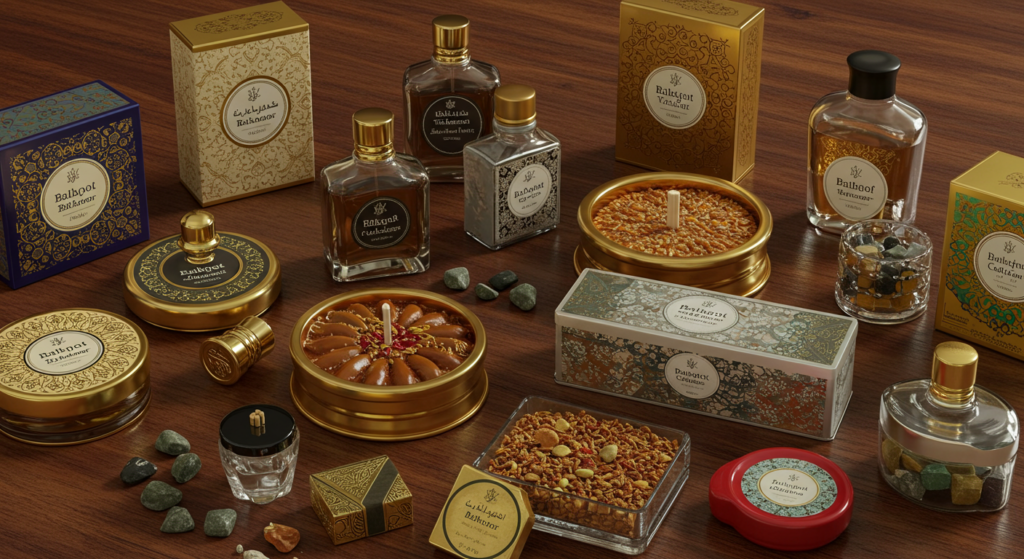
How to Use Bakhoor: A Step-by-Step Guide
For beginners intrigued by Bakhoor, using it might feel intimidating at first. But fear not—here’s a simple guide to get you started:
Step 1: Choose Your Bakhoor
Select a Bakhoor blend that suits your preference. If you enjoy sweet, comforting scents, go for a blend with Vanilla Perfume Oil or Musk Perfume notes. For something more earthy, sandalwood-based blends might be perfect.
Step 2: Gather Your Tools
Traditionally, you will need a Mabkhara (an incense burner) and charcoal tablets. Alternatively, you can use electric burners for added convenience.
Step 3: Light the Charcoal
Using a lighter or matches, carefully ignite a charcoal tablet and place it in your Mabkhara. Wait until it turns red-hot and begins to grey on the edges. This ensures the charcoal is fully activated.
Step 4: Add the Bakhoor
Place a small piece or a pinch of Bakhoor directly onto the hot charcoal. Immediately, the fragrant smoke will start to rise.
Step 5: Waft the Smoke
Using a small cloth or your hands (be careful not to get too close), waft the smoke across areas you wish to scent, like your clothes, hair, and home.
Step 6: Enjoy!
Allow yourself to relax, breathe in the therapeutic fragrance, and enjoy the calming effects of your Bakhoor.
Types of Bakhoor
There’s no one-size-fits-all when it comes to Bakhoor. Here are some of the popular types and ingredients you might want to explore:
- Traditional Bakhoor
Crafted with natural agarwood and infused essential oils, traditional Bakhoor is revered for its deep, resinous aroma.
- Floral Blends
These include ingredients like rose, jasmine, or oud mixed with fragrance oils to create a sweeter or fresher scent profile.
- Amber and Musk Blends
Perfect for those who appreciate warm, earthy tones, these blends often feature Musk Perfume as a core ingredient.
- Custom Blends
Modern perfumers create blends tailored to specific preferences, such as adding hints of Vanilla Perfume Oil or citrus notes.
By exploring the variety of Bakhoor available, you can find the perfect match for your space, mood, or occasion.
Create a Fragrant Haven with Bakhoor
Bakhoor is more than just beautifully scented wood—it’s a tradition, a wellness tool, and a cultural expression. From purifying your space to uplifting your spirit, Bakhoor has a purpose far beyond its delightful aroma.
Whether you’re a seasoned fragrance enthusiast or new to the world of aromatic rituals, now is the perfect time to explore the benefits of adding Bakhoor to your lifestyle. Not only will it enhance your surroundings, but it can also enrich your personal sensory experience.
Curious to explore more aromatic traditions or find high-quality Bakhoor blends? Start with our curated collection featuring expert curation, detailed notes, and scents that resonate with your personality.


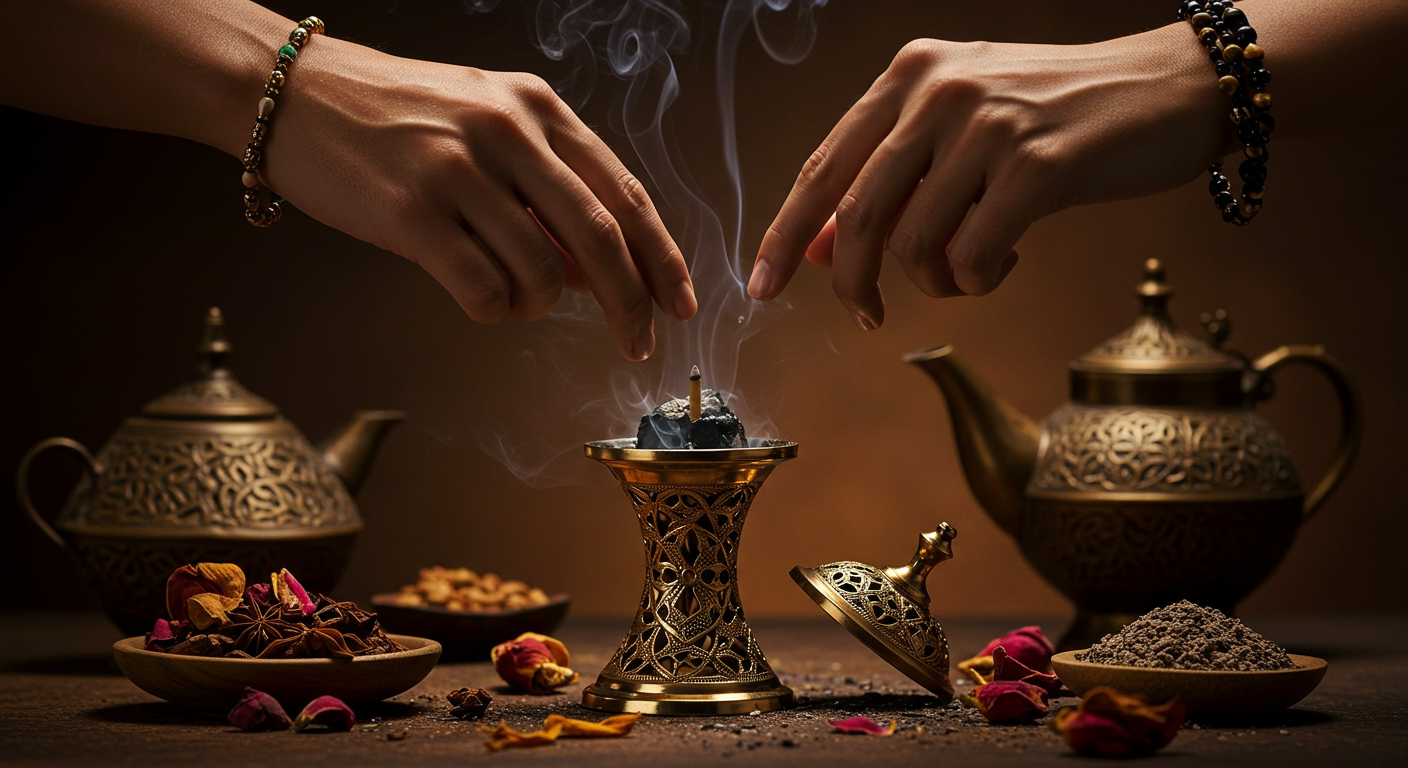
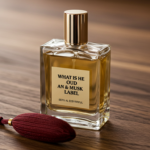
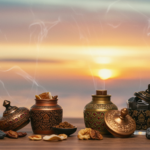







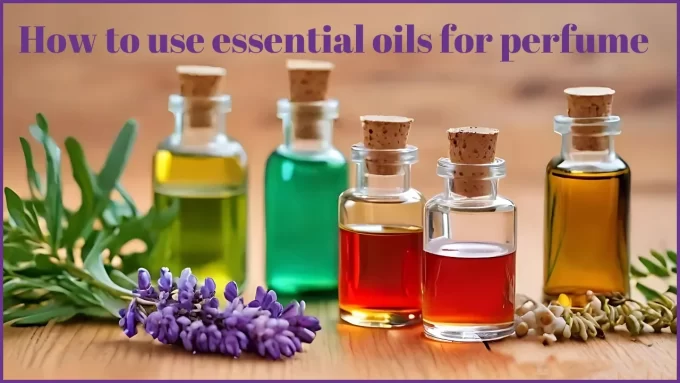

Comments are closed.